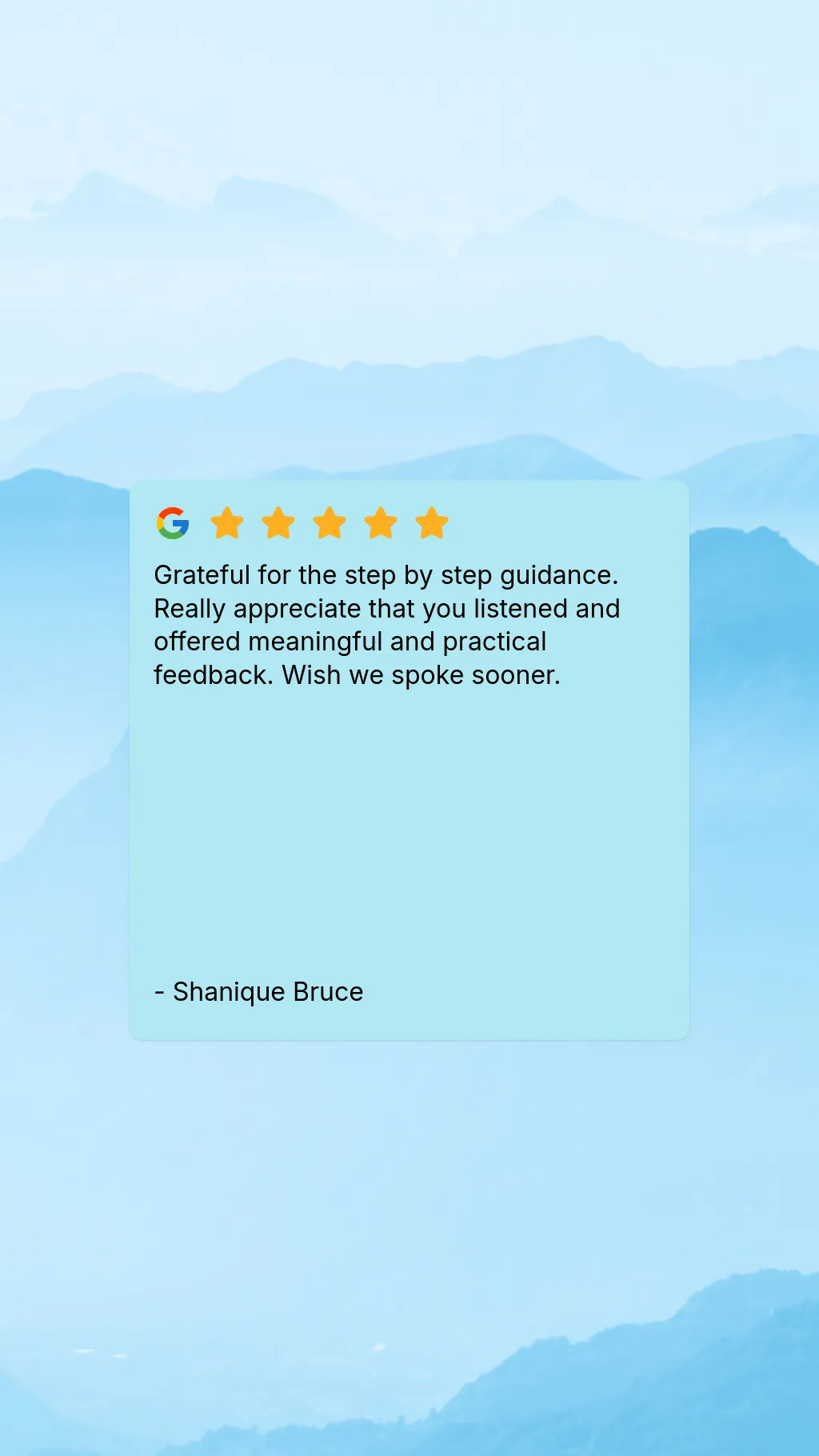What does your job pay?
Sara is our Salary Bot Extraordinaire
Search by title, company, city, and even state.
Sara has been trained with data from the united states department of labor, glassdoor, indeed, and linkedin. CoreTactic is not responsible for how this data is used. Always remember, AI can get it wrong.
MEET THE FOUNDER & CEO
Hey, I'm Nick!
I started CoreTactic to help clients transition careers and also start new businesses.
I was laid off in 2023 and never want that experience for anyone. So here we are. We can help you with:
Changing careers or simply finding a new job
Starting a new company
Sales and Marketing Automation with HighLevel

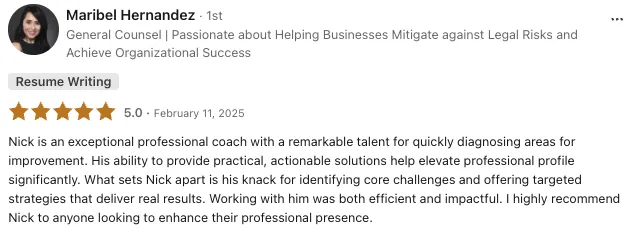
Is career coaching for you?
Career coaching helps professionals at every stage – whether you're new, established, or leading others. Coaching boosts earnings, helps prevent burnout, and supports smooth career changes.
Individual contributors
Thrive in your role with clear goals and essential skills. Coaching helps you ace interviews, build standout resumes, and navigate your career with confidence, and even to start a new business.
People managers
Enhance your leadership, excel in transitions, and recruit top talent. Coaching provides tools to lead effectively and plan for growth.
Senior leaders
Find work-life balance, explore new paths, and make smooth transitions. Coaching accelerates your growth and guides you through pivotal changes.
ARE YOU TRULY SATISFIED WITH YOUR CURRENT JOB?
Take the Free Assessment Now!

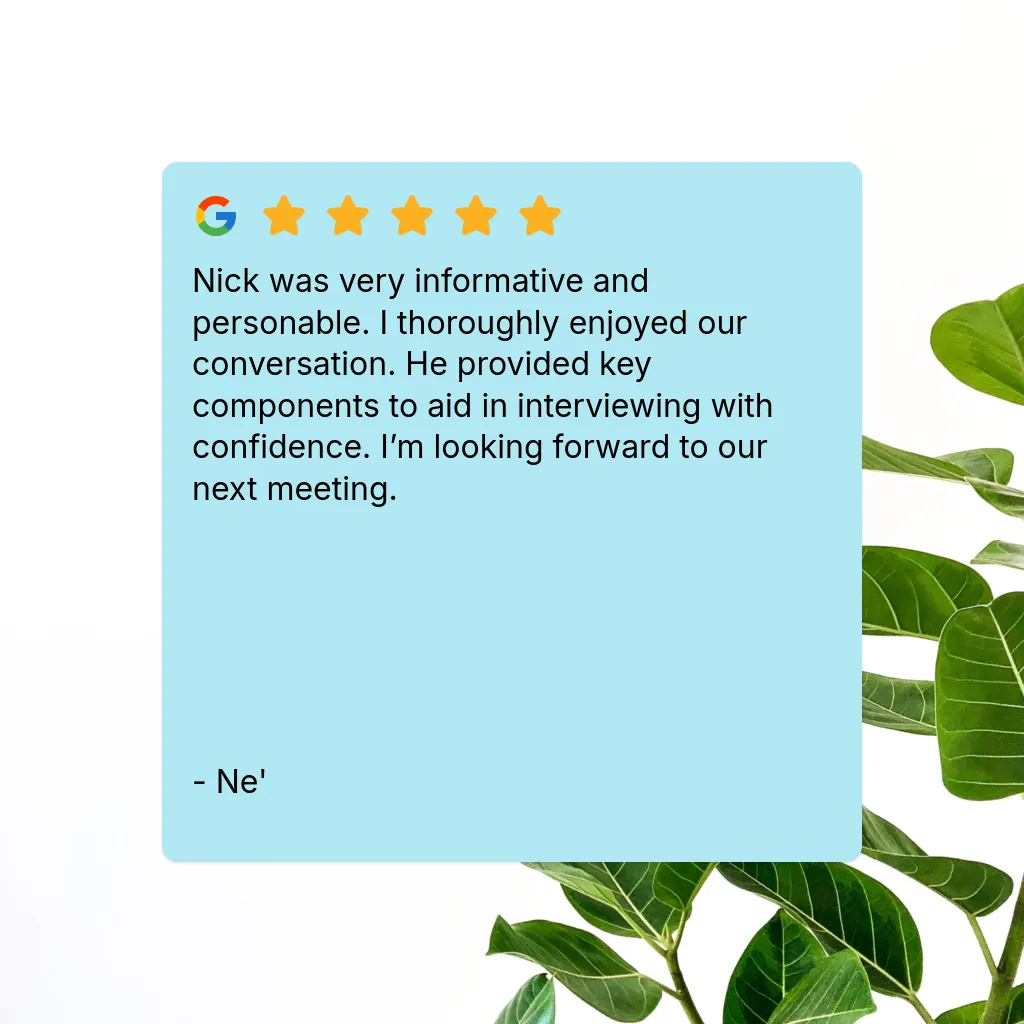
Learn about HighLevel, Sales and Marketing Automation
The CoreTactic Blog
Learn the secrets to the job search process, how to start successful businesses, and gain the professional experience to drive your career and business forward.

The New Face of American Innovation: How Today's Startups Are Reshaping Our Future
The New Face of American Innovation: How Today's Startups Are Reshaping Our Future
After spending 25 years in the tech world, watching it evolve from the early days of desktop computing to today's AI revolution, I've seen my fair share of innovations come and go. But what's happening in American startups right now? Well, that's something different entirely—and incredibly exciting.
The Changing Landscape of American Innovation
Let's be real—the startup world isn't what it used to be, and that's actually a good thing. Remember when every startup seemed to be a variation of "Uber for X" or "Netflix for Y"? Those days are behind us. Today's innovators are tackling real-world problems with solutions that would've seemed like science fiction just a few years ago.
Take climate tech, for instance. A small startup in Boston is developing concrete that actually captures carbon dioxide instead of releasing it. Another in Austin is revolutionizing battery storage using materials we once considered waste. These aren't just cool ideas—they're practical solutions to serious problems.
Beyond Silicon Valley
Here's something that might surprise you: some of the most innovative startups aren't coming from Silicon Valley anymore. Sure, the Valley still has its heavy hitters, but have you checked out what's happening in places like Minneapolis, Detroit, or Nashville?
In Minneapolis (my neck of the woods), startups are leveraging the region's strong healthcare and medical device heritage to create groundbreaking health tech solutions. Detroit's transforming its automotive roots into a hub for mobility innovation. And Nashville? It's not just about country music anymore—it's becoming a hotbed for healthcare IT and edtech startups.
The New Rules of the Game
Starting a company today looks different than it did when I was transitioning from music to IT back in the day. The tools are different, the funding landscape has shifted, and the expectations—well, they've changed too.
Here's what I'm seeing:
- Remote-First Teams: Office space? Optional. Many successful startups now operate with entirely distributed teams.
- Alternative Funding: Venture capital isn't the only game in town. Crowdfunding, revenue-based financing, and blockchain-based funding are changing how startups grow.
- Rapid Prototyping: With tools like no-code platforms and AI assistants, ideas can go from concept to prototype faster than ever.
Where Innovation Meets Impact
What really gets me excited is how today's startups are combining innovation with social impact. It's not just about making money anymore—though that's still important. These companies are trying to solve real problems:
- Mental health startups making therapy more accessible
- Fintech companies helping underserved communities access banking services
- Agtech startups developing sustainable farming solutions
- Education platforms bringing quality learning to remote areas
The AI Revolution
Let's talk about AI for a minute. Yes, it's overhyped in some ways, but having worked in IT for decades, I can tell you—this is different. Startups are using AI not just as a buzzword but as a tool to solve complex problems:
- Healthcare diagnostics that catch diseases earlier
- Environmental monitoring systems that predict natural disasters
- Education platforms that adapt to each student's learning style
- Supply chain optimization that reduces waste and costs
Real Talk: Starting Up Smart
Let me share some practical advice that you won't find in most startup books. This comes from my years of working with professionals making major career transitions and startups finding their footing.
Build Before You Quit
First, let's talk about timing. While those "I quit my job and started a billion-dollar company" stories make great headlines, they're as rare as winning the lottery. Here's what I tell my clients: build your startup while you're still employed. I did something similar when moving from music to IT—I kept playing gigs while learning programming. It's not about lacking commitment; it's about being smart with your resources.
The best approach? Start with a side project. Test your idea, build a minimal product, and get real feedback. Only when you have actual evidence that your idea has legs should you consider going all-in.
Network Differently
Networking in the startup world isn't like traditional business networking. Forget those stuffy chamber of commerce meetings (though they have their place). Instead:
- Join online communities in your specific niche
- Contribute to open-source projects if you're in tech
- Start a small mastermind group with other founders
- Be active in startup-focused Slack channels
- Attend hackathons, even if you're not a programmer
Master the Art of the Pivot
Here's something I learned during my career transition that applies perfectly to startups: success often looks different than what you initially imagined. That brilliant idea you have? It might evolve into something completely different once it meets reality.
Take one of my clients who started building HR software. After six months of development, they discovered their potential customers were more interested in one small feature than the main product. Smart move? They pivoted to focus entirely on that feature. Now they're growing faster than they ever imagined.
Focus on Sustainability From Day One
I'm not just talking about environmental sustainability (though that's important). I'm talking about building a business that can sustain itself and its people. This means:
- Creating realistic financial projections (then cutting revenue estimates in half and doubling cost estimates)
- Building systems that can scale without burning out your team
- Developing multiple revenue streams rather than relying on a single product
- Maintaining work-life boundaries—burned-out founders make bad decisions
The Money Talk
Let's be real about funding. While venture capital gets all the attention, it's not right for every startup. In fact, for many businesses, it's the wrong choice entirely. Consider:
- Bootstrap first—use personal savings or revenue from early customers
- Explore crowdfunding for consumer products
- Look into Small Business Administration loans
- Investigate revenue-based financing
- Consider partnerships with established companies
Build Your Support System
Starting a business can be lonely. Just like I have my husband Travis and dad Vern supporting me at home, you need your own support system. This includes:
- A mentor who's been there before
- A peer group of other founders
- Professional advisors (lawyer, accountant, etc.)
- Friends or family who understand the journey
- Mental health resources—yes, this matters
The Technology Trap
Here's something I've seen trip up many first-time founders: getting too caught up in technology choices. Coming from an IT background, I get it—you want the perfect tech stack. But remember:
- Your first version doesn't need to be perfect
- Choose technology that's proven and well-documented
- Think about supportability and hiring
- Don't reinvent wheels unless you absolutely must
- Consider no-code tools for early prototypes
Customer Development is Your North Star
The biggest mistake I see? Building something nobody wants. The solution:
- Talk to potential customers before writing any code
- Create a simple landing page to test your idea
- Use quick experiments to validate assumptions
- Keep detailed notes of customer feedback
- Be willing to change direction based on what you learn
Looking Ahead
The future of American startups looks different than it did even five years ago, and that's exciting. We're moving beyond the era of "move fast and break things" to an era of "move thoughtfully and fix things." From where I'm sitting, that's exactly what we need.
Remember, innovation isn't just about technology—it's about solving problems in new ways. Whether you're creating a new product, service, or way of doing things, focus on adding real value. That's what sustainable success is all about.
Your path won't look exactly like anyone else's. And that's okay. In fact, that's exactly how it should be. Innovation, after all, is about charting new territory, not following someone else's map.
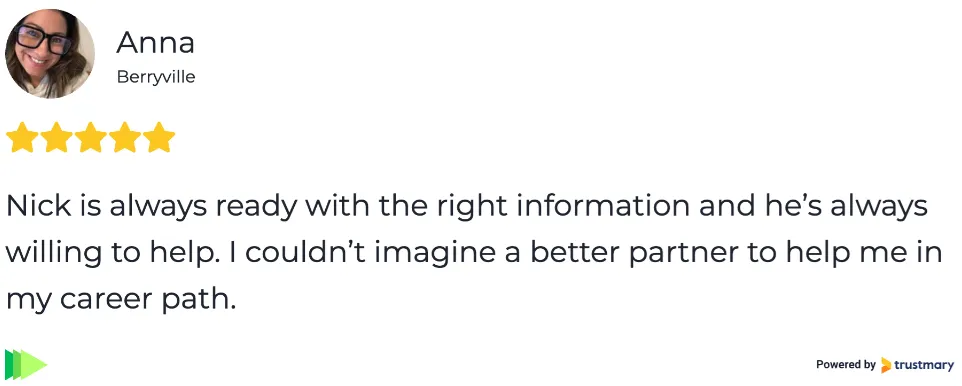
Free White Paper
White Paper -
Mastering the Art of Job Hunting: Stop Hunting for a Needle in a Hay Stack
In today's dynamic and competitive job market, finding a new position requires more than just a polished resume and a list of references. It demands a strategic approach, thorough preparation, and the ability to present your best self throughout the entire process. This comprehensive white paper provides an in-depth guide to effective job hunting techniques, covering every stage from initial preparation to securing and following up on job offers.
While self-directed efforts are valuable, the journey to career success can be significantly enhanced by partnering with an executive coach. CoreTactic, a leader in professional coaching, offers invaluable support that can be a game-changer in your job search and career development.

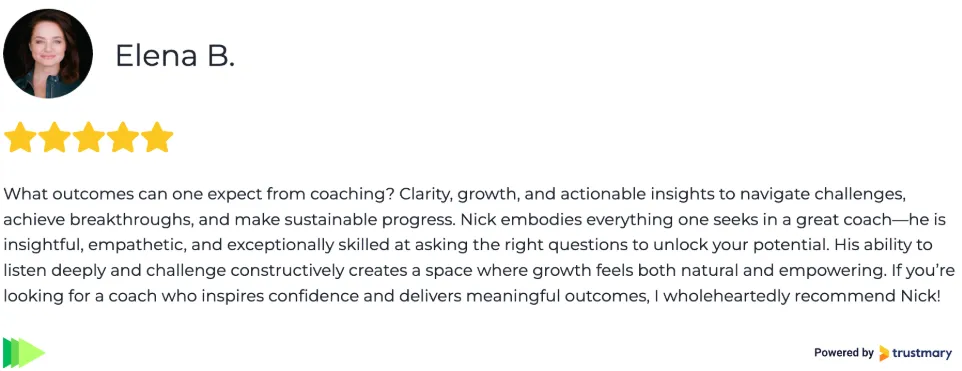
Free White Paper
White Paper - Effective Business Ideation for Entrepreneurs
This white paper, presented by CoreTactic, a leading business and career coaching company, offers a comprehensive guide to business ideation for aspiring entrepreneurs. At CoreTactic, we specialize in helping entrepreneurs find fulfillment and achieve a state of "flow" with their business ideas, ensuring that their ventures align with both their personal passions and market demands.
Our expertise is rooted in a proven 90-step process that leaves no stone unturned in the journey from initial concept to successful launch. This meticulous approach, combined with our focus on personal fulfillment, sets CoreTactic apart in the field of entrepreneurial coaching.

Unlock Your CORE Potential Through Strategic TACTICs with CoreTactic
At CoreTactic, we coach the best and brightest on their journey towards meaningful and fulfilling careers and business goals. Transition your career, start a new business, find fulfillment, and get ahead with a professional coach.
Pages:

Office, Call and Text
(952) 452-1306
Hours:
Monday - Thursday 7am - 7pm CST
Friday 9am - 3pm CST
Saturday 9am - 3pm CST
© 2025 CoreTactic LLC - All Rights Reserved.
